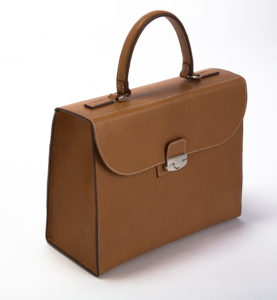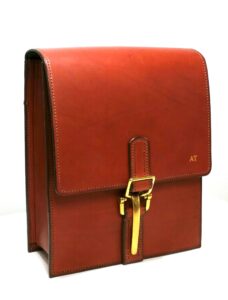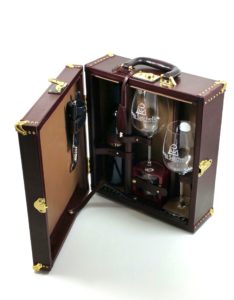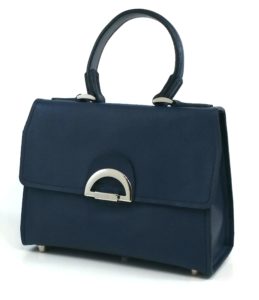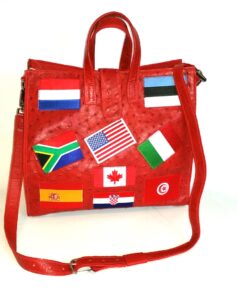After fourteen unforgettable months and a sense of cautious optimism, the world is beginning to part ways with an atrocious virus that controlled all levels of the human race in some way, shape, or form.
The U.S., like other countries, anticipates communities growing confidence as work and play lifestyles are reset. For many, creating a new sense of normalcy is a mixture of returning to life as we know it pre-COVID-19 while accepting new norms, coping skills, and alternatives to how we do business and socialize with each other.
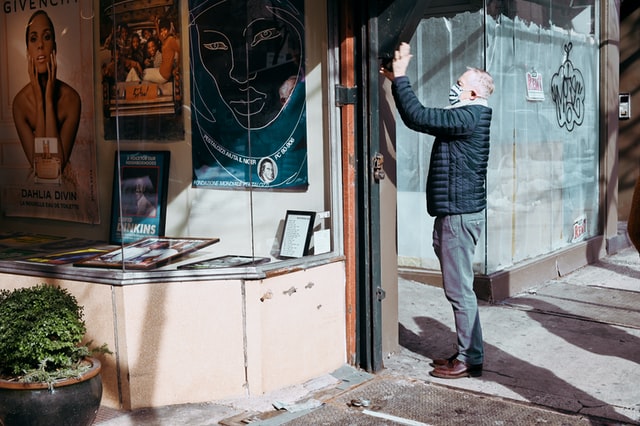
Hygiene and sanitation methods, for the foreseeable future, will be a part of public life as wary consumers demand businesses demonstrate their commitment to providing a healthy environment and performing safe practices.
Big business, for the most part, had the resources to survive the pandemic, although brick-and-mortar retail and the travel/hospitality industries were devastated. For a number of named brands, the pandemic resulted in a record year of bankruptcies while simultaneously providing a do-over opportunity for these companies to restructure their debt, reorganize their physical footprint and rebuild e-commerce models.
The tragedy was the terrible toll paid by many small retail and service businesses being shuttered for 6 or more months. The effects of the Coronovirus’ forced disruption became too big of a financial strain and ultimately unrecoverable ruin for small businesses across industries.
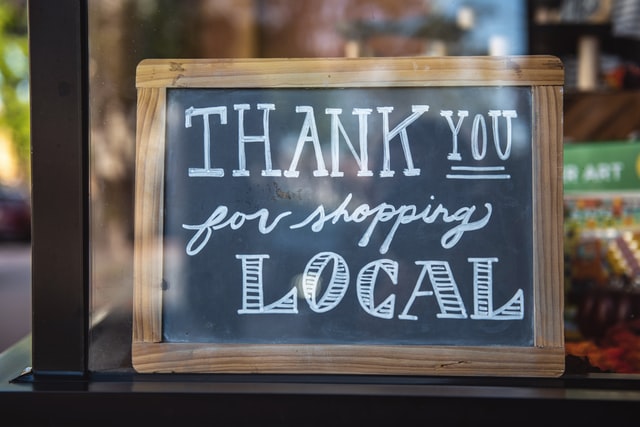
Small Business will Survive and Thrive
However, with a toolkit of survival skills, perseverance, and strong work ethic, determined entrepreneurs used innovation and ingenuity to discover new ways to sustain… and even thrive.
1. Introducing new revenue streams (i.e., converting production lines to masks and other sanitary items).
2. Adjusting systems and revamping menus to offer contactless food take-out and delivery services.
3. Hiring employees and training current employees to learn new skills to support changing business models (ie., remote working, e-commerce customer service, or instituting methods to keep employees safe while working in the field).
4. Face-to-face sales and service industries converted to 100% telesales and video online platforms to not skip a beat in doing businesses with customers in need of their services. For instance, a tremendous change happened when many states lifted regulations allowing notaries to work remotely online as opposed to in-person signings.
5. Using YouTube, TikTok, and other online video streaming platforms as streaming strategies to engage with customers and bolstering sales. Examples include hosting live streams to introduce new products (ie., precious gem shows or private designer trunk shows), behind-the-scenes processes (ie., craftspersons and artists), and deliver interactive services (ie. online coaching, virtual events, webinars, and courses).
6. Social media platforms are becoming a lifeline for businesses and their customers. By not only offering free value to potential customers but building authentic interaction and building relationships with followers who eventually transform into loyal customers.
7. And lastly, ensuring that customer service is a top priority by incorporating technology to 1) create a quality e-commerce experience and 2) employ simpler and faster strategies for their brands.


Small Businesses Impact on the Economy
Even mega conglomerate Amazon clearly recognizes the power of small businesses, to the point of tempting independent small and mid-size businesses to partner by offering tools and services to help with an online business through their third party platforms, Amazon’s Storefronts which launched in 2019 and offering an exclusive shopping experience with Amazon’s Luxury Store featuring established and emerging luxury brands were introduced in the late fall of 2020.
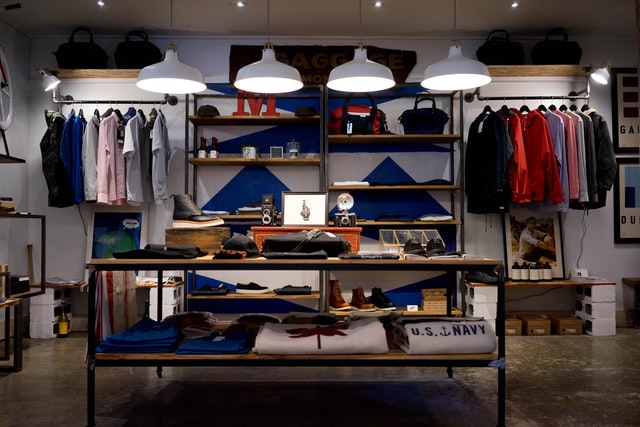
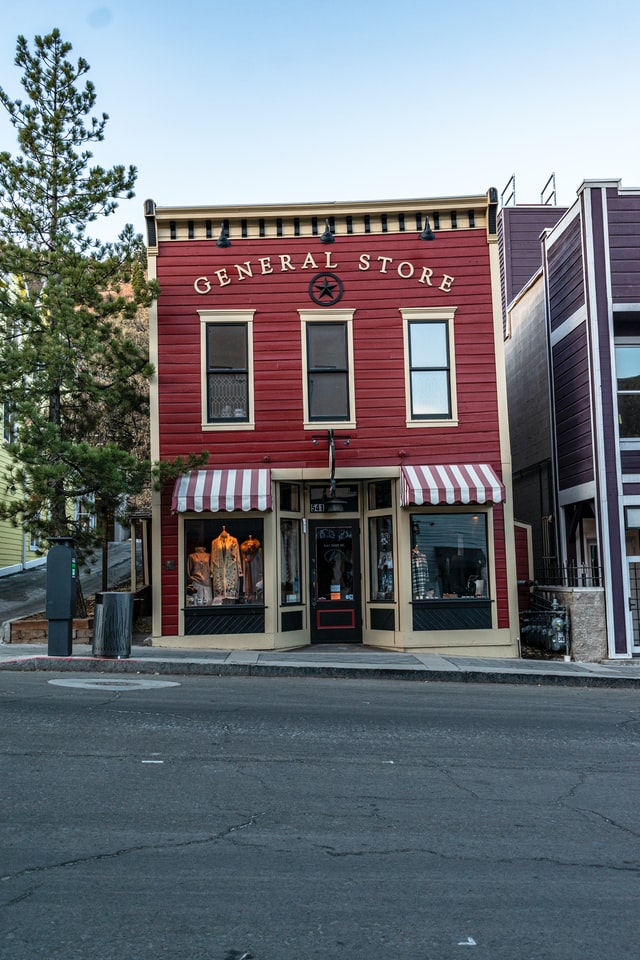
Why You Should Help Small Businesses
Honestly, kudos to Amazon and its’ big-box peers who literally kept quarantined consumers sane in providing speedy, seamless online purchasing and convenient delivery service for the last fourteen months.
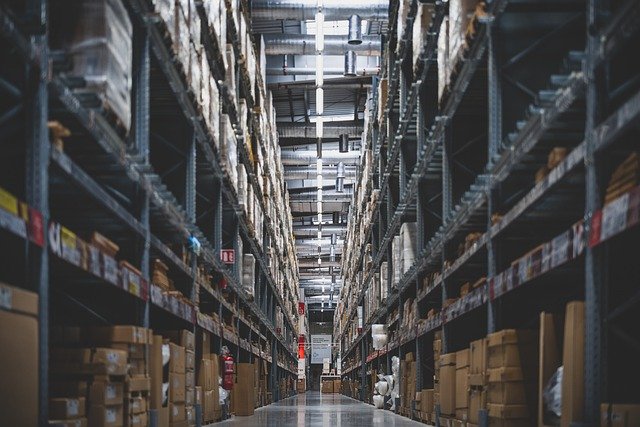
Admittedly, buying online through Amazon and other big chains for both personal and business is a major part of our own team’s buying routines, (even pre-pandemic) as the amount of time freed up for concentrating on the business and family.
Unity Marketing, a research marketing group, cited a survey conducted by Sitecore which found a good number of Baby Boomers and Generation X continue to enjoy the Amazon shopping experience. However, younger generations are more apt to break their addiction to Amazon due to low quality goods, better choices from independent retailers, and a desire to support retailers with a good scorecard of labor practices and overall contribution to society.

However, with 44% of the economy (SBA 2019 report) being driven by small businesses, every closing impacts a community and its local economy. A CNN business opinion piece by Mark T. Mitchell challenged consumers to stop buying so much from Amazon and support local businesses. His stated reasons as to why and how this affects small businesses (including yours truly Beau Satchelle Bespoke):
· By shopping at a locally owned small business that money remains and rotates within your community. It also incentivizes the creation of local jobs and encourages the creation of more local businesses which, in turn, builds a healthy community.
Speaking from the maker’s space of luxury goods, our artisans live, work and shop in the community. Although we currently source our raw materials from outside of Michigan or, in a several cases other countries, the majority of our service vendors are hired within the Metro Detroit area.
· Small businesses provide local property ownership, strong neighbor-to-neighbor relationships, and community engagement.
· Local small businesses build community trust as relationships flourish from the continuous exchange of goods and services.
Our patrons, not only honor the craftsmanship of our products but the personal stories behind the design and the intricate processes involved in producing a bespoke leather piece. For instance, creating a one-of-a-kind tote bag made of ostrich leather covered with flags of every country the owner had traveled.

We take pleasure in promoting Detroit’s unique luxury scene. Nonetheless, our definition of community extends beyond the borders of Detroit Michigan, as our clientele comes from wealthier markets of metropolitan cities across America.

How You Can Help Small Businesses
1. Keep small and local businesses as a priority and top of mind when shopping online.
2. Keep your subscriptions or memberships to businesses that rely on that steady source of monthly income.
3. Purchase gift cards.
4. Be mindful in seeking out business online and if traveling shop at those businesses. Seek out pop-up markets, flea markets, local boutiques, and niche grocer/food markets.
5. Word of Mouth – refer small and local businesses to everyone you know. Yes.. even share your best-kept secrets!
6. Use Your Social Media Influence gene – Following a brand, share with your followers, create a post to share your experience, do an unboxing YouTube video, write a review, tag the business, subscribe to their newsletters, attend their virtual events or workshops and eventually, in-person events, and add their products to gift registries.
7. For struggling shops, consider launching or contributing to a crowdfunding campaign, volunteering for their off-site sales events, donating your professional skills (legal, marketing, designing a new logo, updating or building a website) or organizing events in support of small businesses in the local area, or offering small business grant competitions.
8. Tip generously to those in the service industry especially restaurant employees and delivery drivers.
9. Doing DYI home remodeling projects, buy from small online décor shops, and custom furniture, or purchase supplies from your local hardware store.

Now more than ever, small businesses will have to step up their game in servicing patrons and being able to translate their wares or service well on digital platforms. It’s a changed frontier as business models have been disrupted and competition grows fierce as many more individuals took the leap from employee to entrepreneur last year (The U.S. Census recorded a dramatic increase in EINs). We welcome the challenge to continue offering the best in our industry of luxury leather goods as the world begins to awaken.

Personal Thank You Note:
As a small business that relies heavily on delivery service, Beau Satchelle Bespoke expresses our deepest gratitude to the delivery service and transportation companies and their hardworking, kind, essential delivery persons who kept us in business with the daily package deliveries. -AJ
Share your thoughts in our comment section or on Twitter on small luxury businesses in your community that deserve recognition!
Thanks to the following sites for source material
The Small Business Administration Office of Advocacy – Small Business GDP 1998-2014 data released in 2019
Unity Marketing – ‘Shop Small, Shop Local’ Message is Independent Retailers’ Best Hope for Pandemic Recovery
SHRM.org – Small Businesses Get Creative to Survive During The Pandemic
Small Biz Trends – 25 ways You Can Help Small Businesses Now
Thanks to the lovely contributions of the following photographers:
Tim Mossholder – Signage
Robinson Greig – 8th Ave & West 17th Street
Dinesh Ramaswamy – Dinner is served
Cloris Ying – Open for Business in Boston
Gary Butterfield – Farmer’s Market
Clark Street Mercantile – Apparel Store in Montreal Canada
Gabriel Tovar – General Store
Yu Hosoi – Brown Paper Bag
Harry Cunningham – Woman Dancing with Shopping Bags
THAM YUAN YUAN – Warehouse
Chapay – Freight Truck
Pickawood – Online Purchasing
Erick Mclean – Instagram
SHARE POST
Customer Favorites
